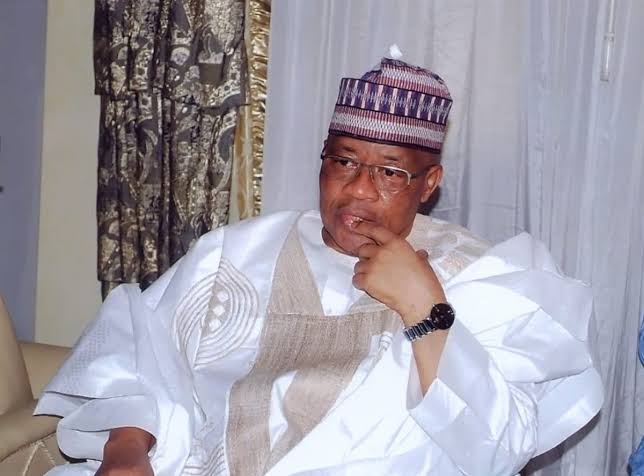Former military president, Gen. Ibrahim Badamasi Babangida (retd.), has claimed that his administration played a pivotal role in advancing freedom of expression and liberalizing media ownership in Nigeria.
Babangida, who ruled Nigeria from 1985 to 1993, made the assertion in his newly released autobiography, A Journey in Service. According to him, the policies enacted during his regime laid the foundation for the country’s vibrant media landscape and strengthened Nigeria’s democratic credentials.
“Our media remains a source of strength and pride to all of us. We may have had differences in information management practices, but no one can deny that Nigeria’s robust media remains a cornerstone of our democracy,” he wrote.
The former military ruler emphasized that his administration took deliberate steps to remove restrictions on media ownership, which he believes fueled the growth of independent journalism in Nigeria.
“Not only did we, as an administration, liberalize media ownership, but we also removed the mystery around it. I am proud that our policy initiative in this regard facilitated an explosion of talent and investment in media enterprises,” Babangida stated.
He further highlighted that since his retirement from active politics, he has remained accessible to journalists, engaging in national discourse and granting numerous interviews.
“In my retirement, I have opened my doors to the media. I have granted countless interviews, expressed numerous views, and participated in the tremendous Nigerian debate that keeps raging daily,” he said.
“Our nation is more beautiful because of the diversity of opinions and perspectives on any given issue.”
Babangida’s claim, however, comes against the backdrop of a contentious history with the Nigerian press.
His tenure was marred by the infamous assassination of Dele Giwa, the founding editor-in-chief of Newswatch Magazine, who was killed by a parcel bomb at his Ikeja residence in 1986.
The killing remains one of Nigeria’s most high-profile cases of media suppression, with suspicions pointing at the government of the time.
Despite widespread allegations linking his administration to the incident, Babangida has consistently denied any involvement in Giwa’s murder.
.
Do you want to share a story with us? Do you want to advertise with us? Do you need publicity for a product, service, or event? Contact us on WhatsApp +2348183319097 Email: platformtimes@gmail.com
We are committed to impactful investigative journalism for human interest and social justice. Your donation will help us tell more stories. Kindly donate any amount HERE




